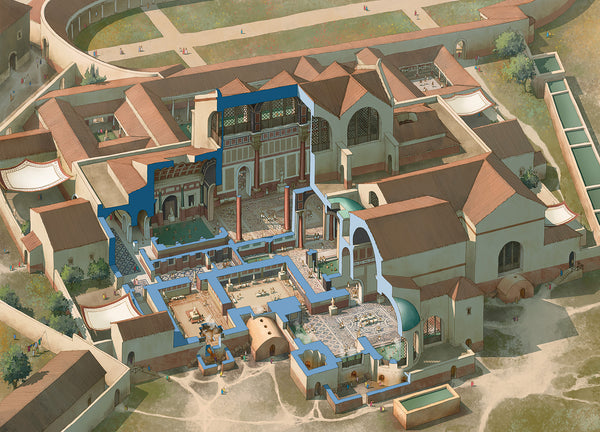Our Book of the Year for Medieval Military History
 Here is the description from Oxford University Press:
Here is the description from Oxford University Press:
The Jacquerie of 1358 is one of the most famous and mysterious peasant uprisings of the Middle Ages. Beginning in a small village but eventually overrunning most of northern France, the Jacquerie rebels destroyed noble castles and killed dozens of noblemen before being put down in a bloody wave of suppression. The revolt occurred in the wake of the Black Death and during the Hundred Years War, and it was closely connected to a rebellion in Paris against the French crown. The Jacquerie of 1358 resolves long-standing controversies about whether the revolt was just an irrational explosion of peasant hatred or simply an extension of the Parisian revolt. It shows that these opposing conclusions are based on the illusory assumption that the revolt was a unified movement with a single goal. In fact, the Jacquerie has to be understood as a constellation of many events that evolved over time. It involved thousands of people, who understood what they were doing in different and changing ways. The story of the Jacquerie is about how individuals and communities navigated their specific political, social, and military dilemmas, how they reacted to events as they unfolded, and how they chose to remember (or to forget) in its aftermath. The Jacquerie Revolt of 1358 rewrites the narrative of this tumultuous period and gives special attention to how violence and social relationships were harnessed to mobilize popular rebellion.
I found this book to be a very well-laid out piece of research, which gives us a far better and more thorough understanding of the events of this peasants' revolt. While the focus is not on military history, it fully details the warfare that took place. Click here to visit the publisher's website. You can also hear me talking about some of my favourite books from 2021 on the latest episode of The Medieval Podcast.
